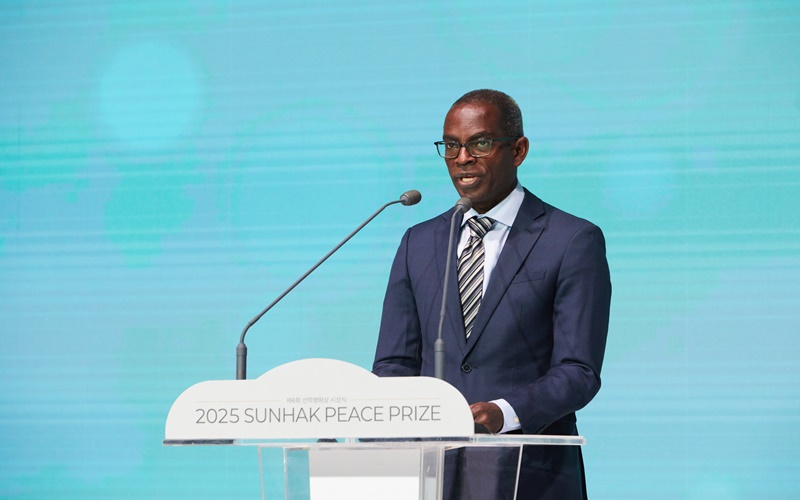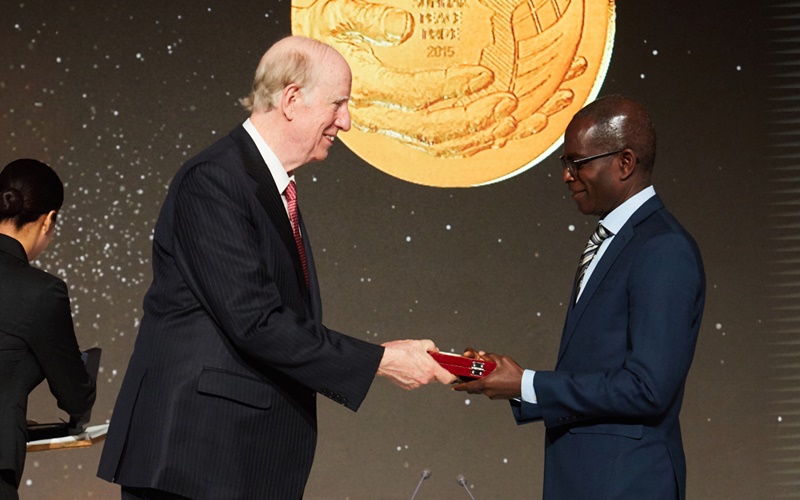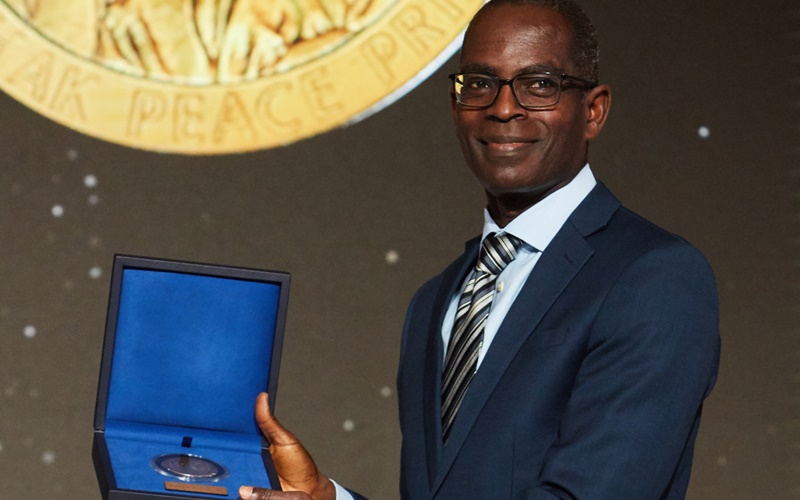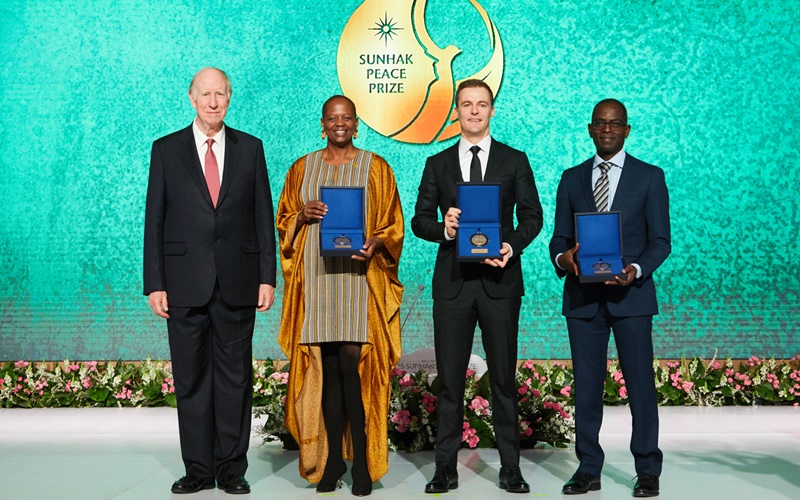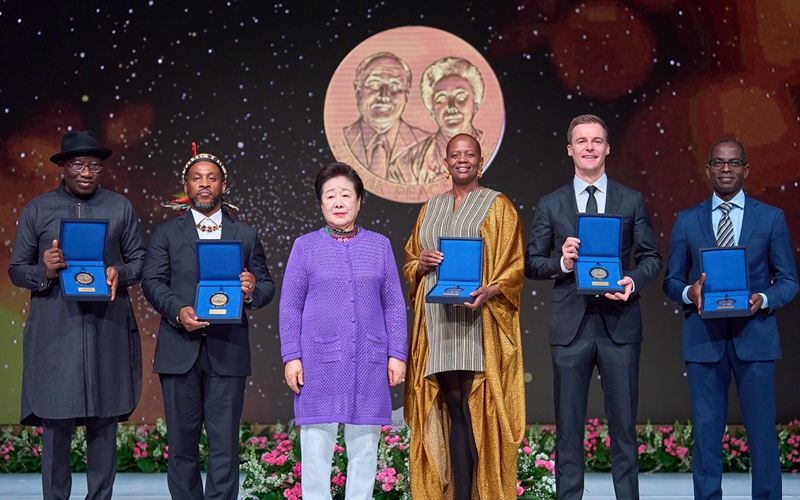![[Patrick Awuah, Jr.] 이미지](http://sunhakpeaceprize.org/data/bbsData/17369091309.png)
2025 Laureate
- Patrick Awuah, Jr.
- Founder of Ashesi University in Ghana
Transforming Africa with STEM-focused education and ethical leadership
Patrick Awuah established Ashesi University in Ghana in 2002, introducing a groundbreaking educational model that integrates STEM-focused learning with ethical leadership. With 92% of graduates securing quality jobs or launching successful businesses, Ashesi has become a driving force for sustainable economic and social development in Africa.

Nurturing Ethical IT Talent for Africa’s Future
Patrick Awuah
and Ashesi University: Transforming Education in Africa.
Since founding
Ashesi University in 2002, Patrick Awuah has reshaped the landscape of higher
education in Africa. The university, starting with just 30 students, now hosts
1,500 students from 31 countries, producing thousands of graduates equipped
with ethical leadership and cutting-edge IT skills.
With 92% of
alumni achieving quality employment or entrepreneurial success within six
months of graduation, Ashesi’s impact on Africa’s economy has been profound.
The Ashesi Venture Incubator, launched in 2019, has fostered over 30 startups, driving
innovation and generating $1.5 million in revenue.
Ranked #1
university in Ghana, #9 in Africa, and among the top 400 universities globally
(2020 Times Higher Education Impact Rankings), Ashesi is recognized as a leader
in African higher education.
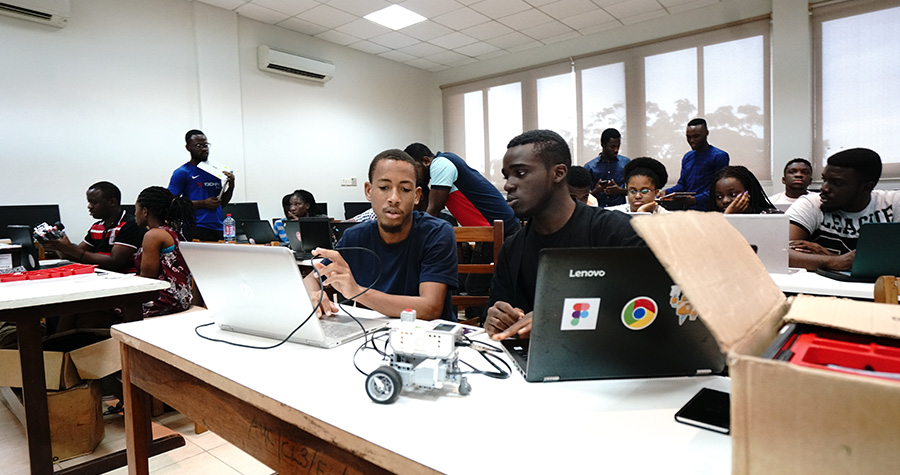
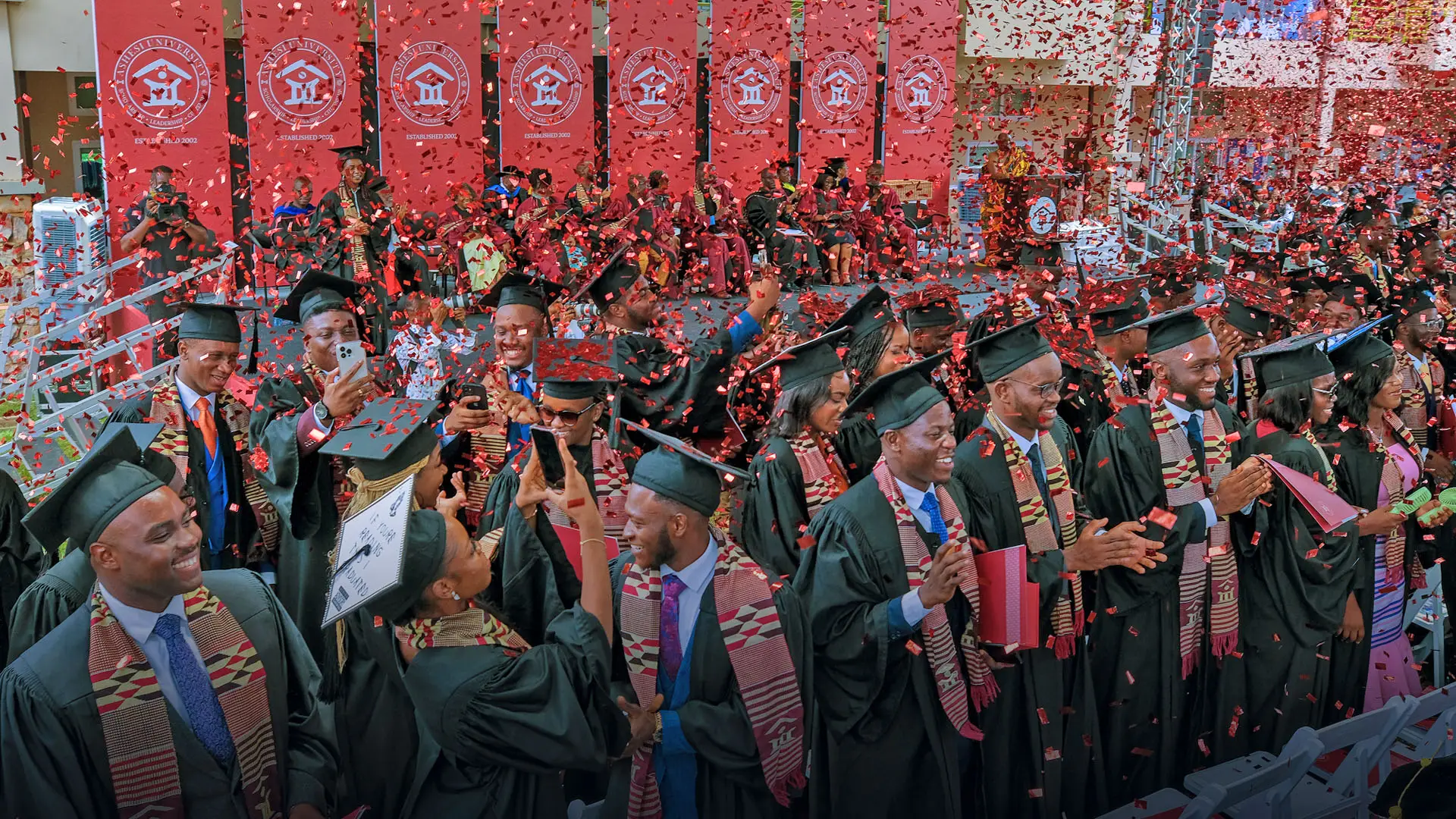
Opening Doors to Opportunity
Expanding Access and Promoting Gender Equality
Patrick Awuah
has prioritized accessibility, with 55% of Ashesi students receiving
scholarships. This initiative ensures that financial barriers do not impede
access to quality education.
By increasing
female enrollment from 25% to 50%, Ashesi has become a leader in empowering
women in STEM fields. Programs like scholarships and mentorships enable women
to excel in areas such as computer science, engineering, and business. Notable
alumni, such as Regina Kanu, named among the BBC’s 100 Most Inspirational
Women, exemplify Ashesi’s success.
![]()
![]()
Fostering Ethical Leadership
Transforming Africa’s Future through Integrity
Patrick Awuah’s
commitment to ethical leadership has led to the implementation of Africa’s
first honor code. This initiative emphasizes responsibility and integrity,
fostering leaders who address societal challenges with accountability.
Through
leadership programs focusing on ethics, collaboration, and entrepreneurship,
Awuah has cultivated a culture of responsible leadership. Ashesi graduates are
driving sustainable development, combating corruption, and contributing to
Africa’s growth.
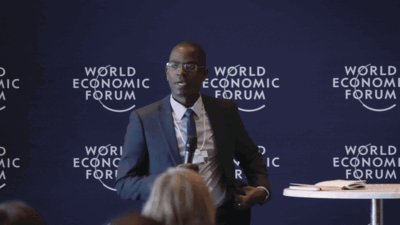
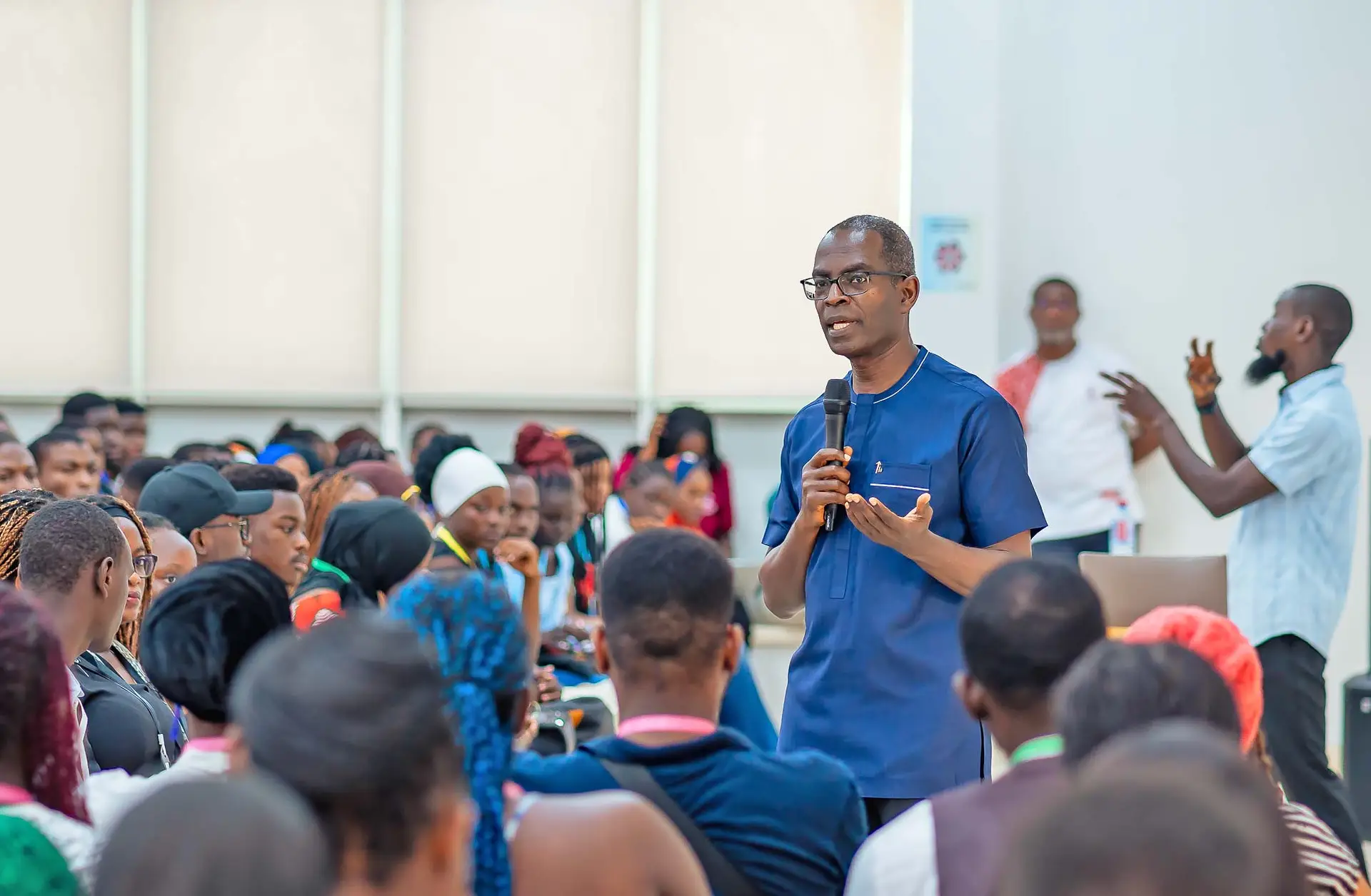
![[Patrick Awuah, Jr.] 이미지](http://sunhakpeaceprize.org/data/bbsData/17369091309.png)
Patrick Awuah, Jr.
- Born
- 1965
- Country
- Ghana
- Reason for Award:
- Patrick Awuah has driven sustainable progress in Africa through innovative STEM education and ethical leadership training. His work demonstrates how education can be a transformative force for justice and societal change.
Education
Swarthmore College: Bachelor’s in Engineering and Economics
University of California, Berkeley: MBA, Haas School of Business
Honorary Doctorates: Swarthmore College, Babson College, University of Waterloo, Connecticut College, University of Toronto
Career
1989–1997
Software Engineer and Program Manager, Microsoft
2002–Present
Founder and President, Ashesi University
Awards
2009
Integral Fellow Award, Microsoft Alumni Foundation
2010
Development Award, Millennium Excellence Awards, Ghana
2012
Award for Leadership through Innovation, UC Berkeley Haas School of Business
2015
Haas International Award, UC Berkeley
2017
WISE Prize for Education, World Innovation Summit for Education
Recognition
2007
Young Global Leader, World Economic Forum
2009
TED Fellow
2013
Paul Harris Fellow, Rotary International
2014
Social Entrepreneur of the Year, Schwab Foundation
2015
Top 50 World Leaders, Fortune Magazine
2015
MacArthur Fellowship, MacArthur Foundation
2016
Innovator, Quartz Africa

